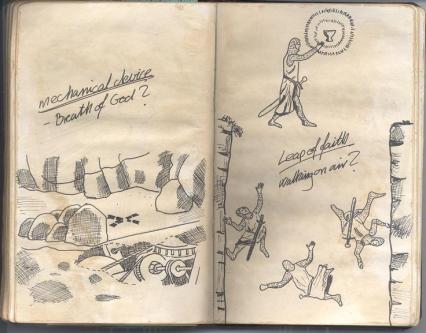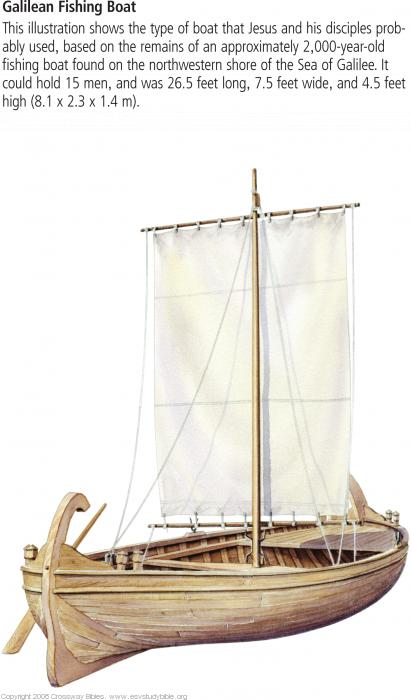Mark 2: 1-12
verse 1: Jesus returns to Capernaum
verse 2-3: many come to hear Christ
verse 4-6: four men remove roof for paralytic friend
verse 7: Christ forgives paralyzed man of his sins
verse 8: Pharisees doubt Christ’s ability to heal
verse 9-12: Jesus responds by healing paralytic
Interpretation:
Ground Zero. Jesus returns to where it all started – Capernaum in Galilee. It was as if Christ had gone on tour and returned home. Now people knew Him. Verse 2 says that there were so many people that the house was packed. People couldn’t even fit into the doorway. What was He doing? He was preaching to them. This was an intense bible study. We don’t hear from Mark about whether the attendees are faithful. Mark does describe four guys who carry, supposedly a friend or a realitive, a paralytic man to Christ. They literally tear the roof open and lower him in becacuse it was so packed. Because of these men’s faith Jesus forgives the friend of their friend/realtive. This promts the Pharisees to thinking ‘He’s not God – He can’t forgive sins.’ Jesus freaking reads their minds, ‘percieves in His spirit,’ and calls them on this sinful thought. His response? What’s easier – say something holy sounding or to do something awesome. He heals the paralyzed. And therefore says – I am God. And people were amazed by it and they gave glory to God for it.
Application:
The Christ vs. the Pharisees. We have two perspectives at war.
1. Pharisees – Religion. Hypocrisy.
2. Christ – God in Reality. Perfect truth.
Unfortunately, we think in terms of religion and belief. Just like the Pharisees. God thinks in terms of reality. Religion, as an current idea, is a belief in the untrue, the unplausible, the unreal. If you say ‘I believe in God’ you are sadly implying that he doesn’t exist. Becasue belief is based on our thoughts and perception, and we’ve been known as humans to fail, it implies we could be wrong about the existence of God. It’s unfortunate we think in these terms because God does exist. He calls himself existence. It’s his name – ‘I am’ – He is. It doesn’t matter what we believe – He is. When the Pharisees doubt Christ in verse 8 He doesn’t explain the scripture to them. He says He’s God by more than just words. He says ‘I am God’ by knowing their thoughts and healing a crippled person. Christ says in verse 9 that it’s easier to say something spiritual or to act or to believe than it is to live it as true. And He demonstrates that their doubt or accusations are irrellevant because indeed He is God anyway.
Do you believe in God? Or recognize the reality?





